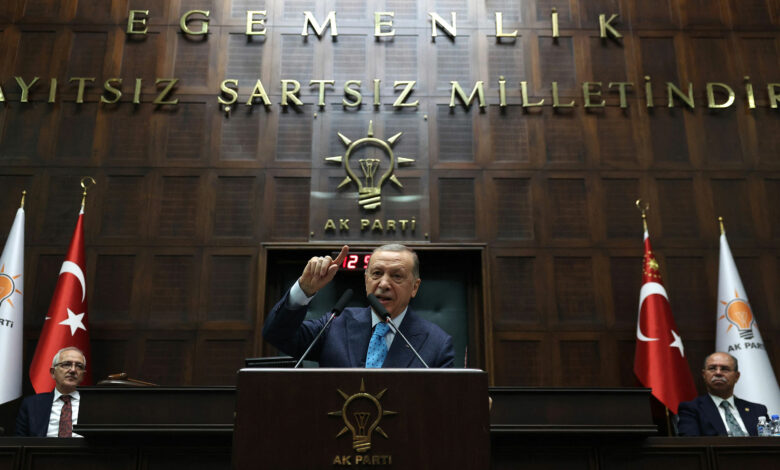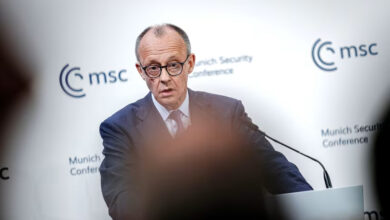
When Sweden and Finland declared their intention to join NATO last May, it was seen by many as a poke in the eye for Russia and evidence of a shift in European thinking. Historically, both countries had committed to non-alignment with NATO as a way of avoiding provoking Moscow. The invasion of Ukraine changed that.
Both Finland and Sweden — along with the vast majority of NATO allies — would like to see the countries formally join the alliance at a NATO summit on July 11. However, a significant hurdle stands in the way of this becoming a reality: Turkey has yet to give the plan its formal and official blessing.
Turkey is not the only nation blocking the move: Hungary has also failed to ratify the Nordics’ accession which further muddies the waters. However, right now getting Turkey on side is considered the priority.
Unfortunately for the pro-NATO gang, Western officials are increasingly pessimistic that Turkey will budge.
Officially, Turkish President Recep Tayyip Erdogan objects to Sweden and Finland’s membership on what he claims are security grounds. Turkey claims that both countries, though particularly Sweden, are harboring militants from the banned Kurdistan Workers Party (PKK), a designated terror group in Turkey, Sweden, the United States and Europe. Erdogan says he would like these individuals to be extradited; Sweden has made clear this won’t happen.
NATO diplomats are split on whether they think Turkey will budge before the July summit. Central to both schools of thought is this year’s Turkish election, perceived as the biggest political threat Erdogan has faced in years.
“The image he has created of a strongman who gets results for the Turkish people has been shattered,” explains Gonul Tol of the Middle East Institute’s Turkey program. “There is a lot of anti-West and anti-Kurd sentiment in Turkey at the moment. This is a good topic for him to bang his drum and a dramatic U-turn would only make him look weaker.”
Russian money: Tol believes there are other reasons that Erdogan doesn’t want to upset Russia’s President Vladimir Putin.
“Russia has been a lifeline economically for Turkey after other nations imposed sanctions for their activities in Syria, their cooperation militarily with Russia and other hostile activity,” Tol explains. “Without Russian money, Erdogan would not have been able to raise wages or provide financial support to students. He is now promising mass rebuilding, post-earthquake. So Russia is still an attractive partner for Erdogan.”




